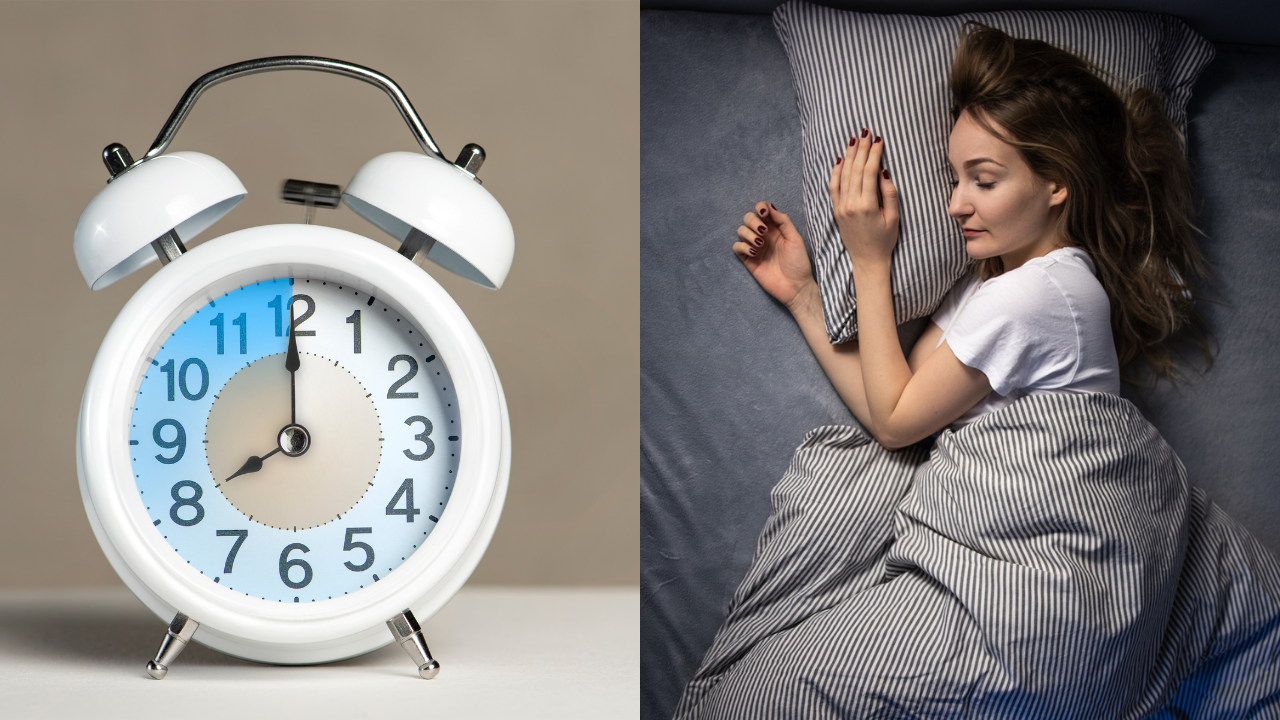For years, most of us have been preaching about the magic figure of eight hours of sleep—it is the number everyone should be getting for optimal health. However, with new studies on sleep science emerging, all these years of preaching have raised a nagging question: is the eight-hour rule generic, or is it time to rethink our ways? Experts agree that there may be variation in the type of sleep needed based on some factors, such as individual differences in age, lifestyle, and genetics. However, eight hours seems often touted as the norm for a healthy sleeper.
While some function well on seven, nine may be needed for optimal restoration. Does Sleep Duration Change with Age? Some recent studies are even suggesting that the ideal sleep duration might shift throughout a person’s lifetime. For example, children and teenagers often need more sleep than adults to support their growing bodies and active minds, while older adults sometimes find that they naturally sleep less than they did in their younger years.
These findings support a more flexible approach to sleep, allowing people to adapt their routines as they age and as their lifestyle demands change. Quality vs. Quantity: Which Matters More? This does open the question: is quantity better than quality? To understand this, we speak with Dr Arun Chowdary Kotaru, Consultant in Respiratory, Pulmonology, and Sleep Medicine at Artemis Hospitals.
“The quality of sleep essentially decides how refreshed and awake we feel the next.


















